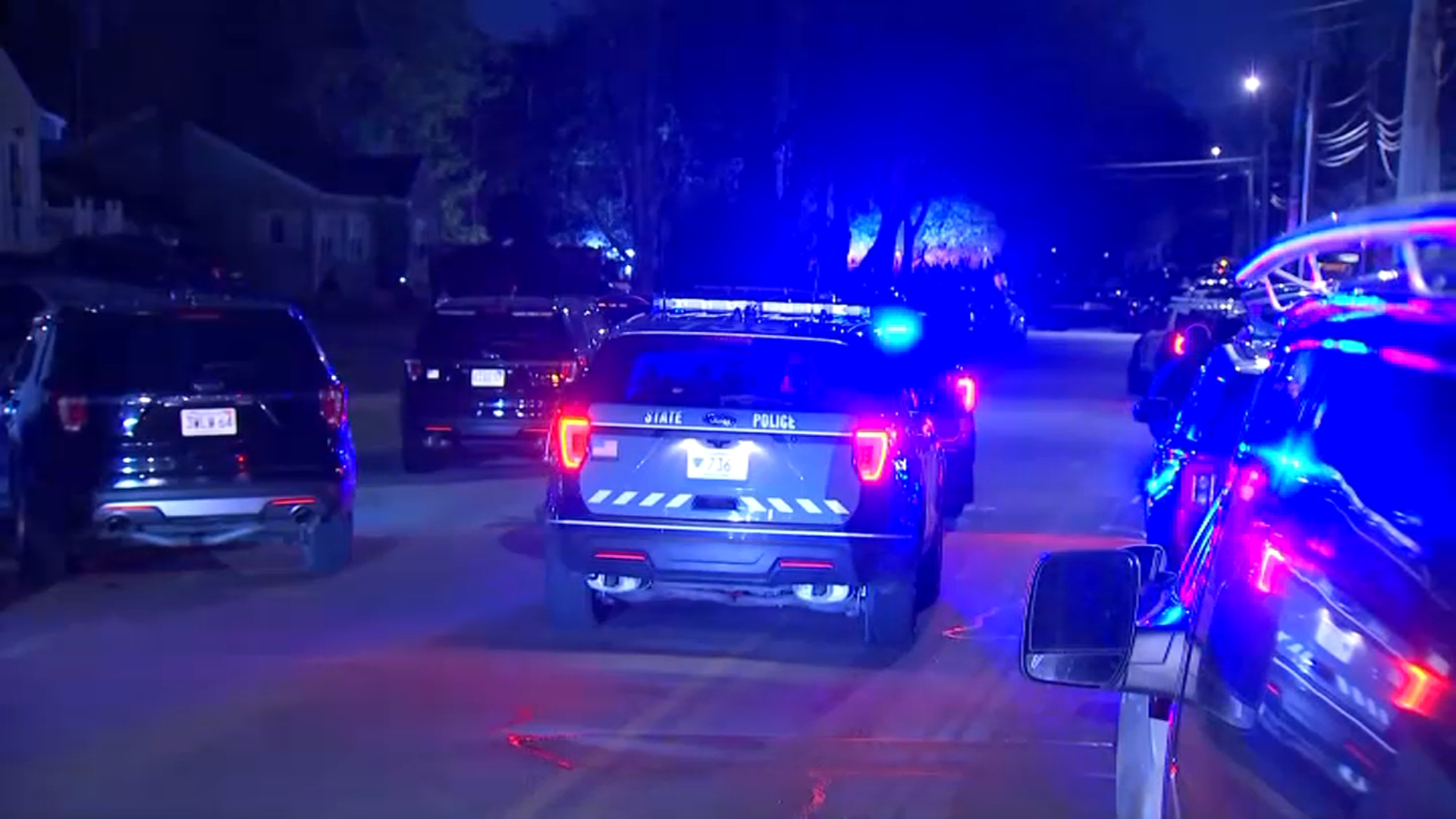A college professor who has lived in both Iran and the United States is sharing his perspective on the conflict between the countries, saying he hopes diplomacy can help the countries cool their tensions — well aware that would be a long and rocky process.
"We live in a messy world," observed Ata Anzali, an associate professor of religion at Vermont's Middlebury College who recently became a United States citizen. "I've been here in America for 12 years, now, and this has been, I would say — it's the toughest, emotionally, for me."
Anzali said it has been deeply upsetting to see tensions at a boiling point following the deadly drone strike on Qasem Soleimani.
"He was planning a very major attack, and we got him," President Donald Trump said following the death of the influential Iranian military leader.
Tuesday, the Trump administration again said it considers the strike to have been a defensive one — to protect American lives.
Hundreds of lives were lost, the White House has insisted, to the general's force — which the administration views as a terrorist organization.
"It was the right decision; we got it right," U.S. Secretary of State Mike Pompeo said Tuesday. "The Department of Defense did excellent work."
Local
With the Iranians now leveling their own accusations of inappropriate military action against the U.S., and vowing vengeance, Anzali said he doesn't see either side as being purely the moral good guys or the bad guys, since the countries have had decades of very complicated and often strained relations.
"I call this country home," Anzali said of the United States. "I call Iran home. And I think both countries, in terms of their foreign policies, have done a lot of bad things."
Tuesday, Rep. Peter Welch, D-Vermont, called for limits on the White House’s power to green-light attacks without Congress weighing in.
Welch said he also wants to block funding for military action in Iran and hold public hearings on the strike that took out Soleimani, hoping those moves will deescalate the situation.
"Of course I'm fearful of retaliation," Welch said in response to a reporter's question at a press conference. "The last thing we need, after Iraq, after Afghanistan, is another war in the Middle East."
In a written statement Tuesday, Sen. Patrick Leahy, D-Vermont, acknowledged that Soleimani was a ruthless individual, yet noted he the general was highly revered by his people.
Leahy cosponsored three resolutions designed to place limits on future U.S. strikes in Iran, according to the senator's office.
"Without bothering to consult with anyone but themselves, the administration has put all Americans, as well as our allies, at unnecessary risk," Leahy wrote. "It is impossible not to feel that dark days are ahead, all because of another reckless act by President Trump, for whom bombastic threats and the use of sanctions and military force are the solution to every foreign challenge."
Back on campus, the Iranian-American professor told NECN he's glad he's in a supportive and welcoming place like Middlebury.
However, Anzali said he worries the current tone between his old country and new one could chill the prospect for peaceful relations for years to come.
"It makes compromise way more harder," Anzali observed.



